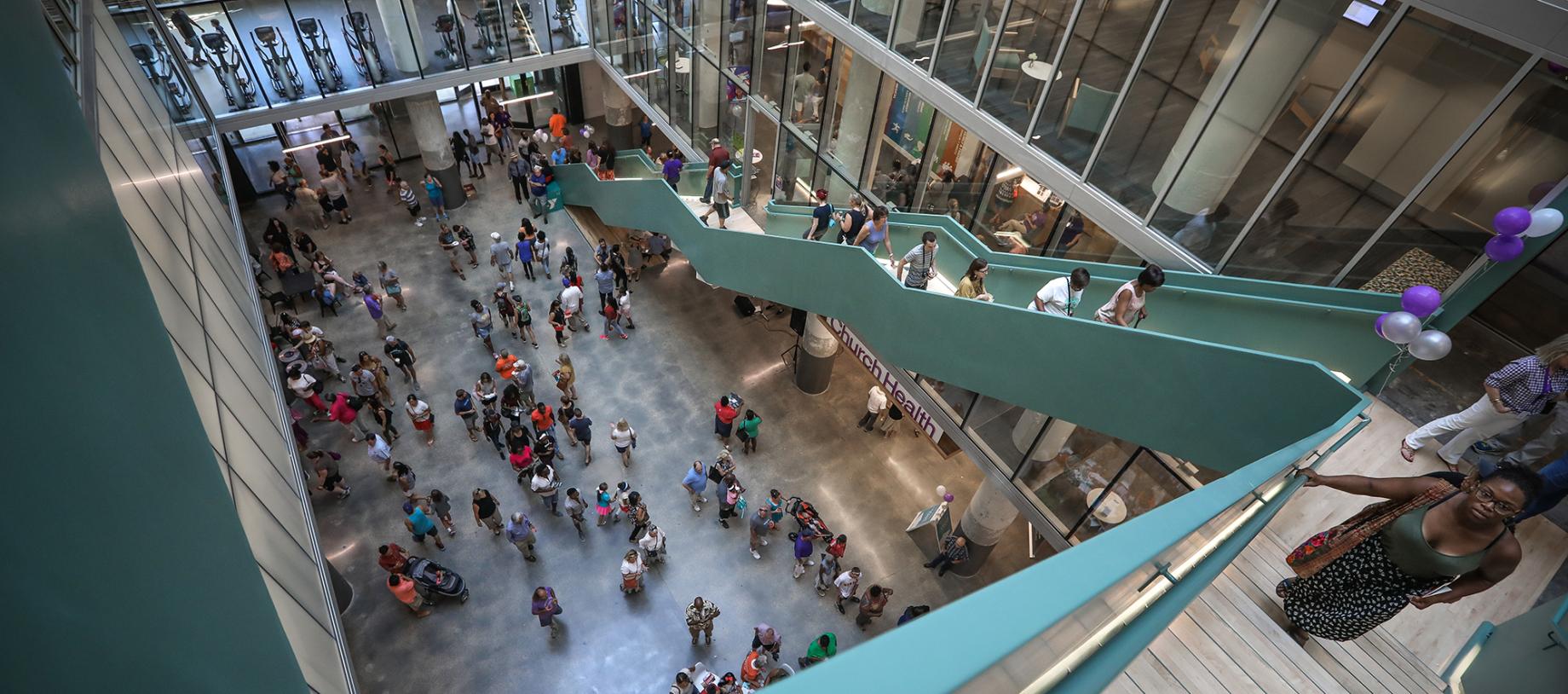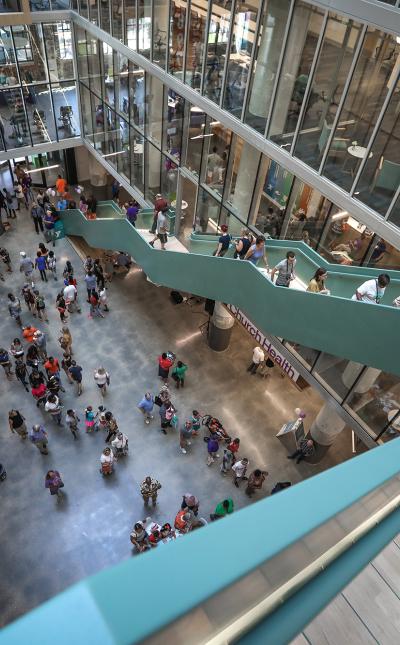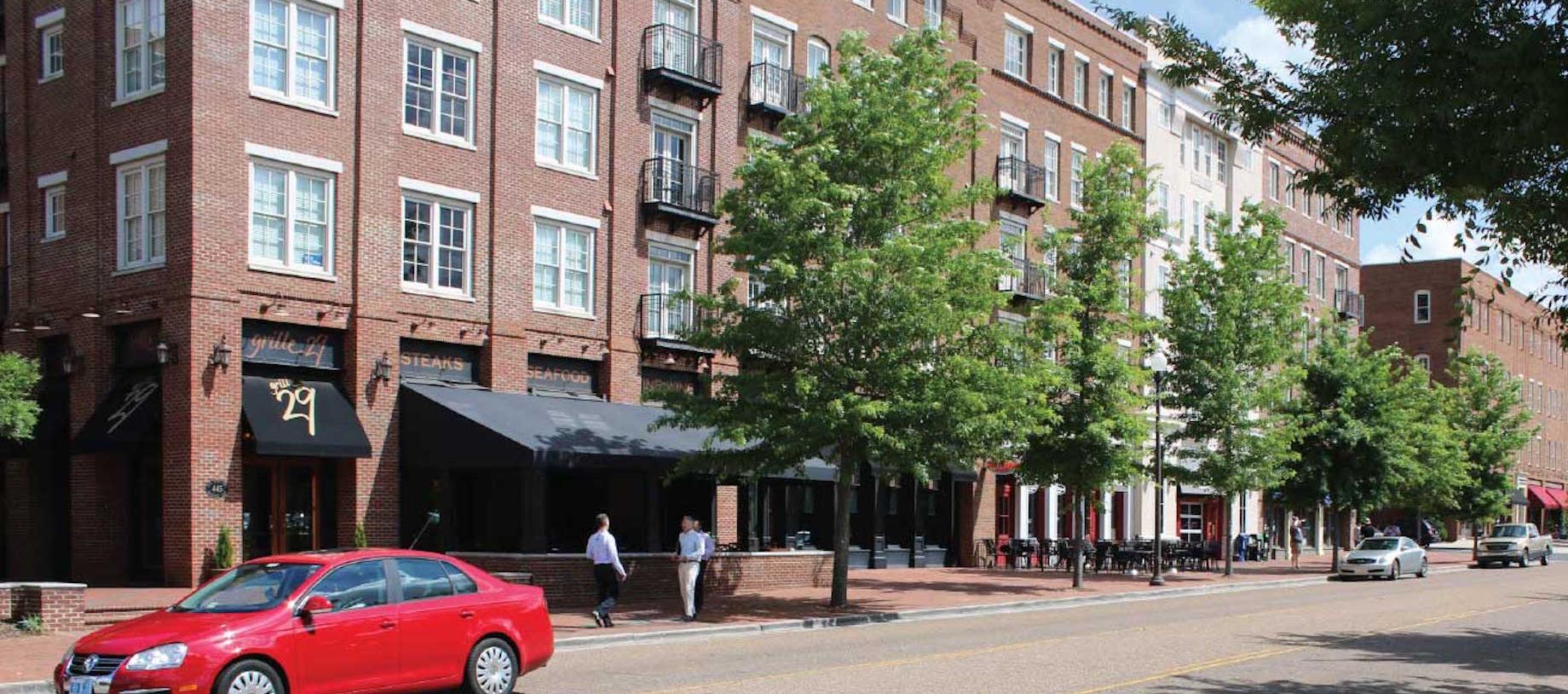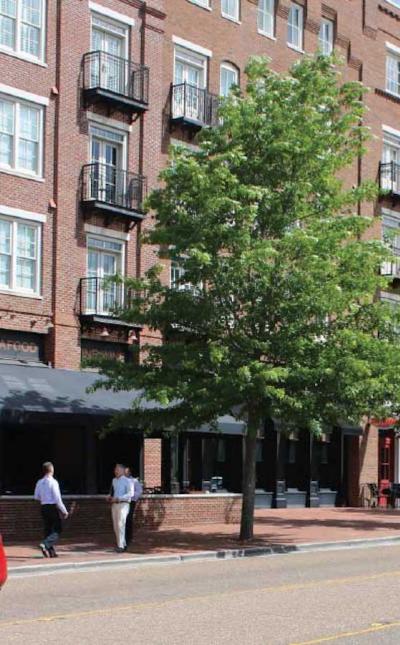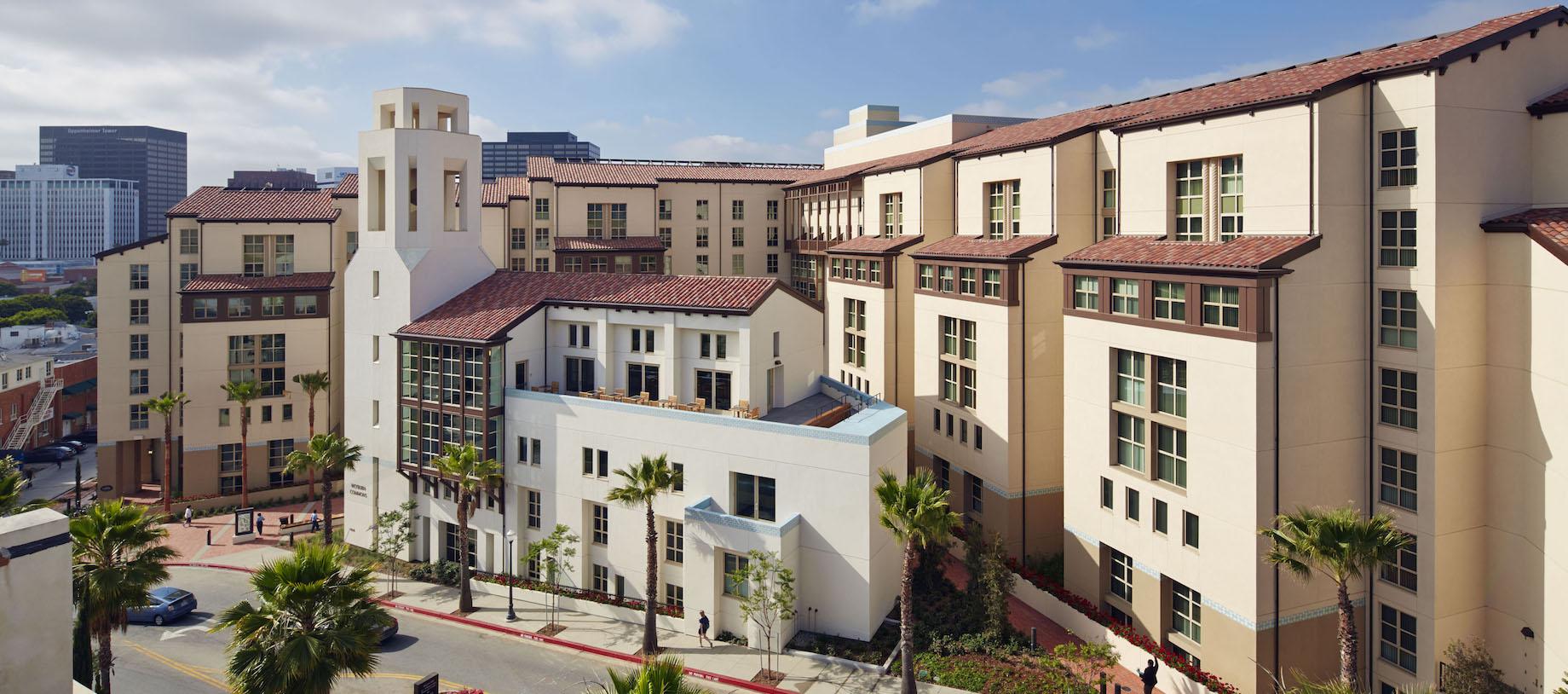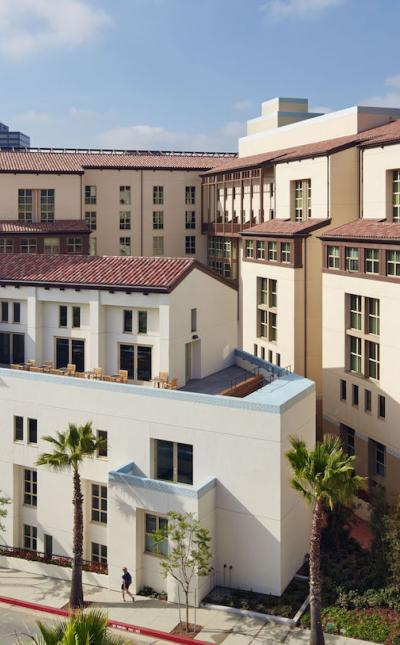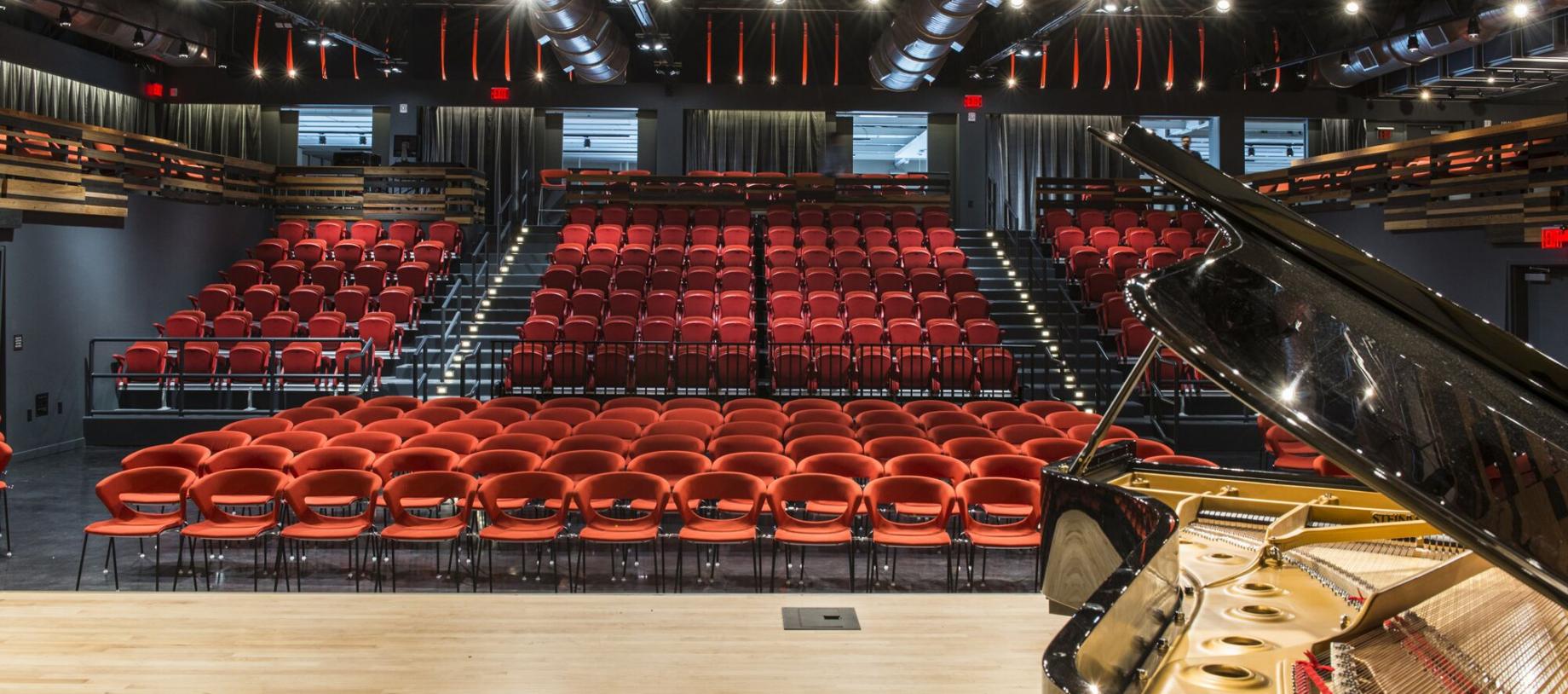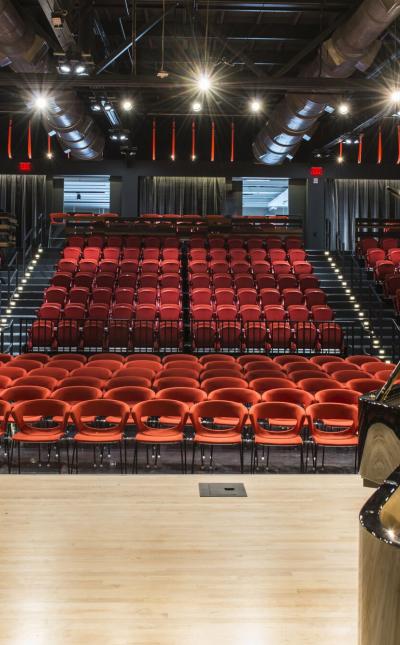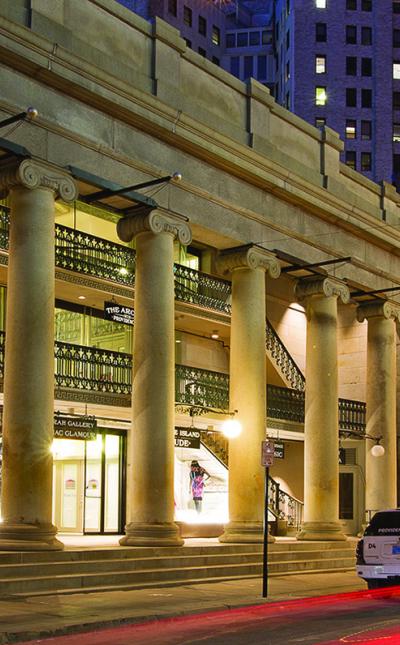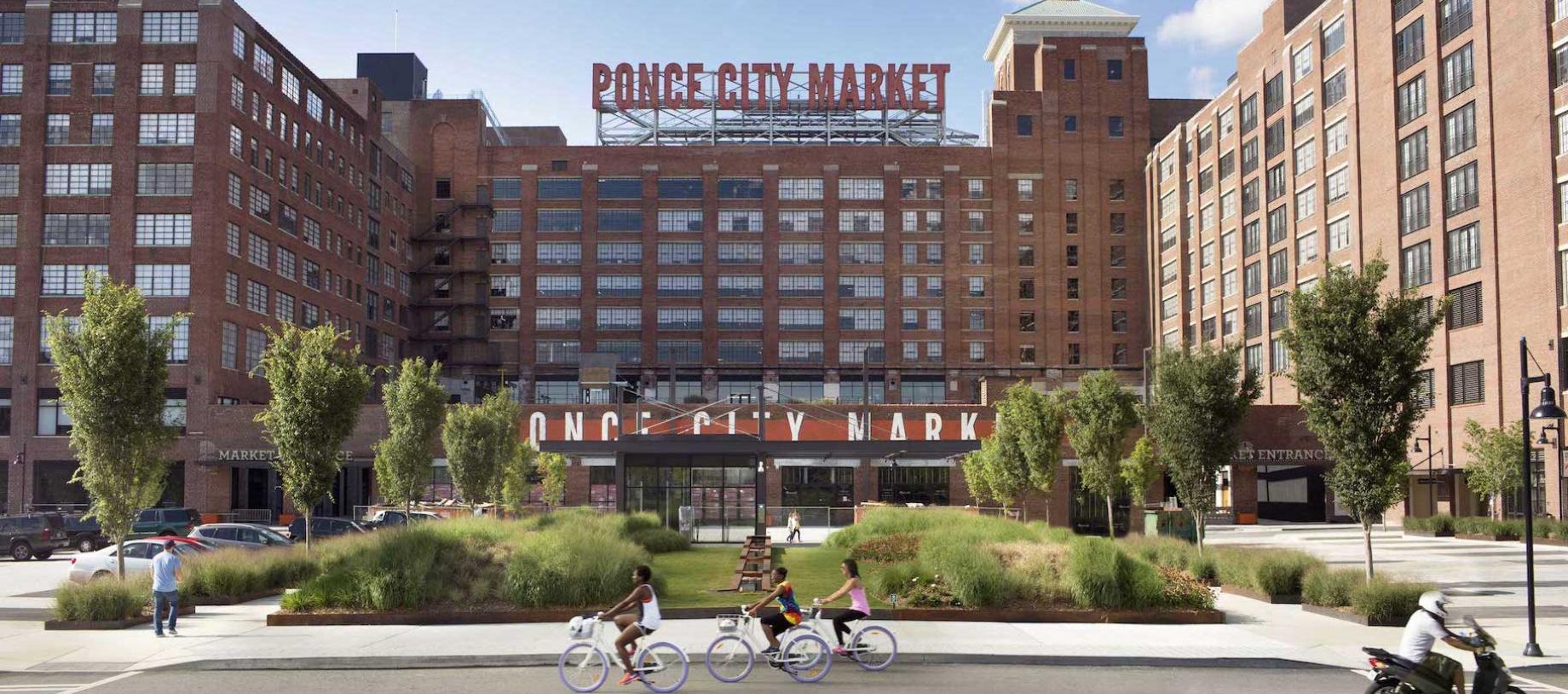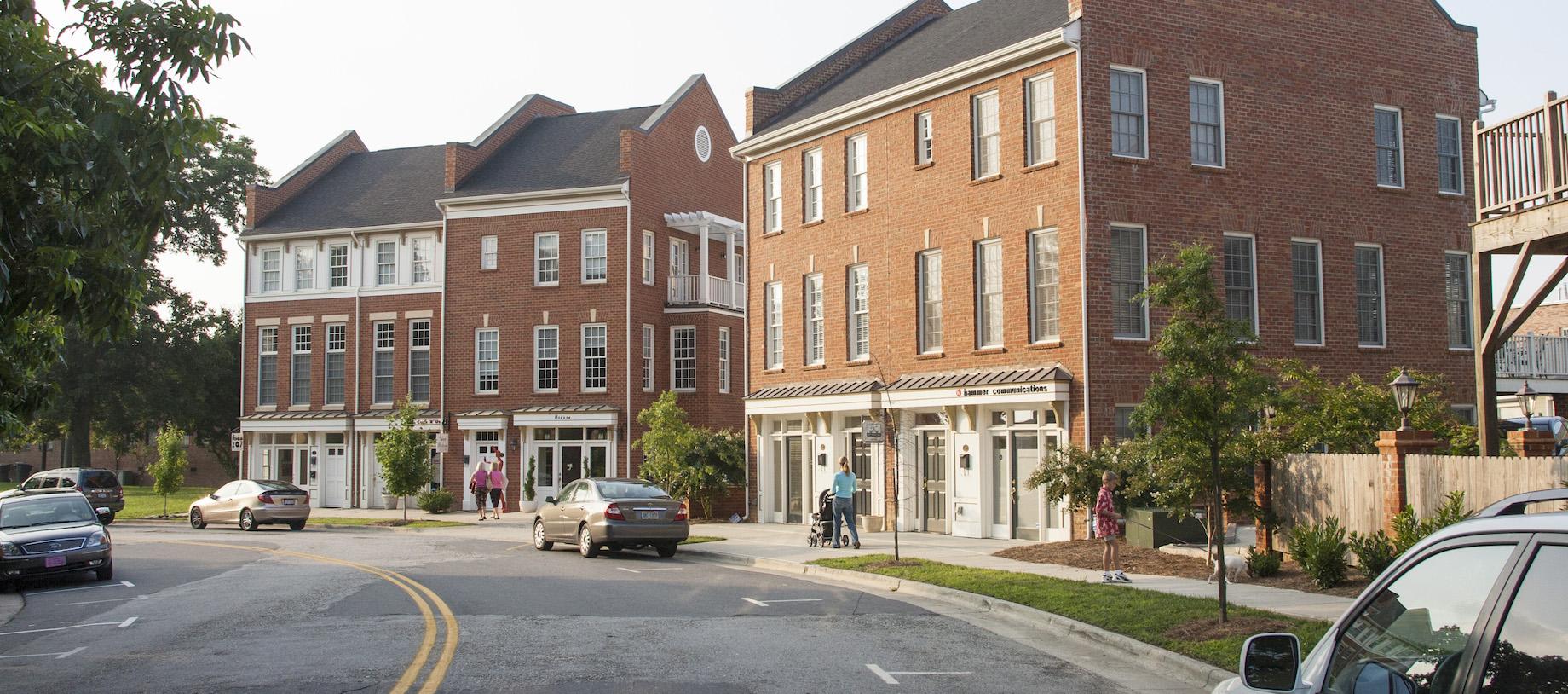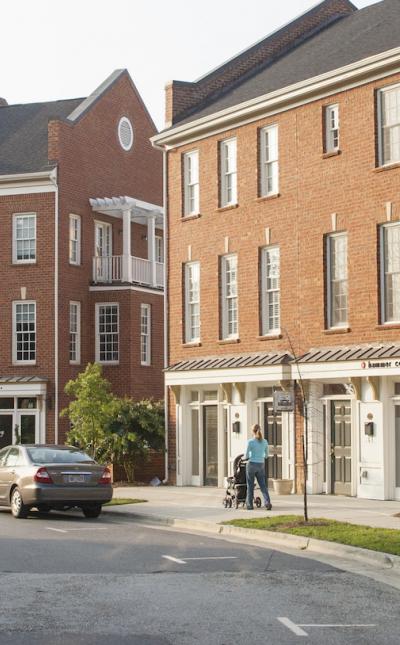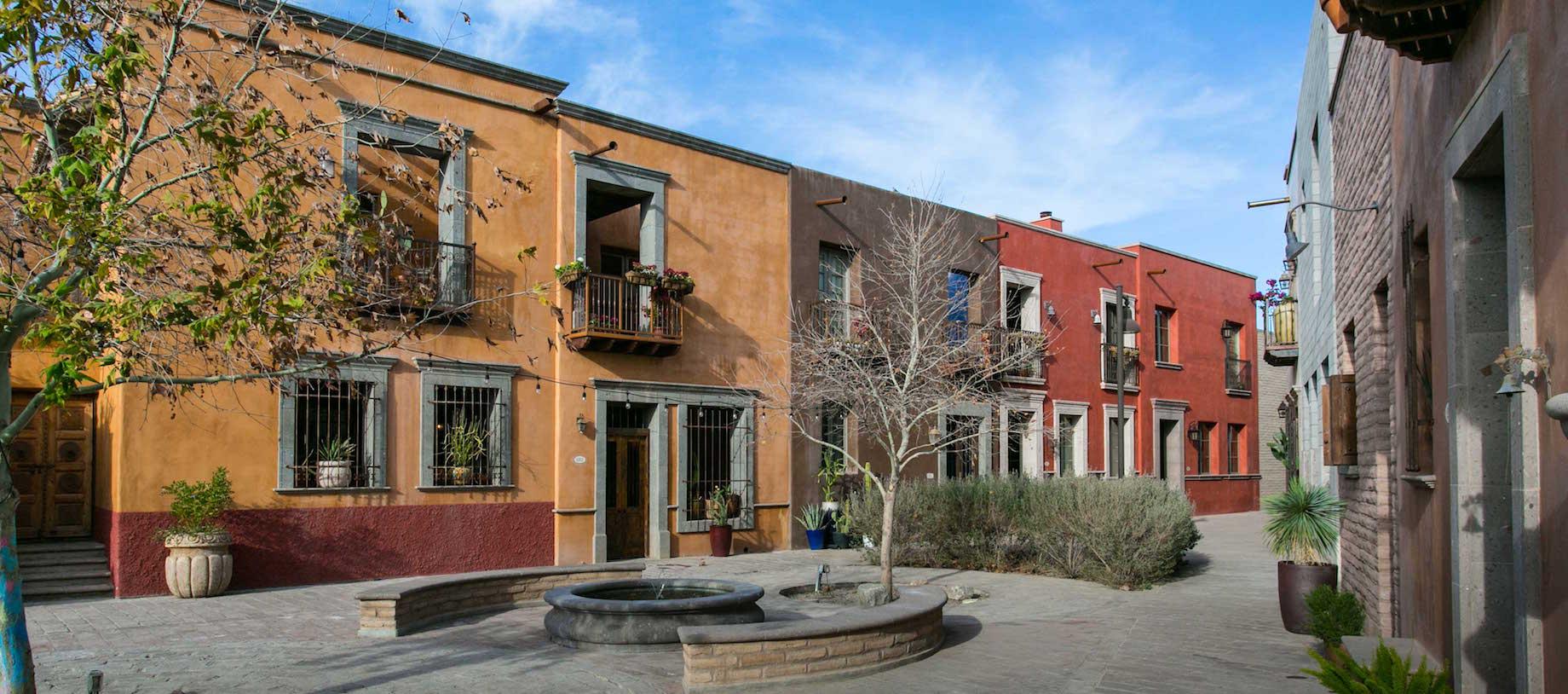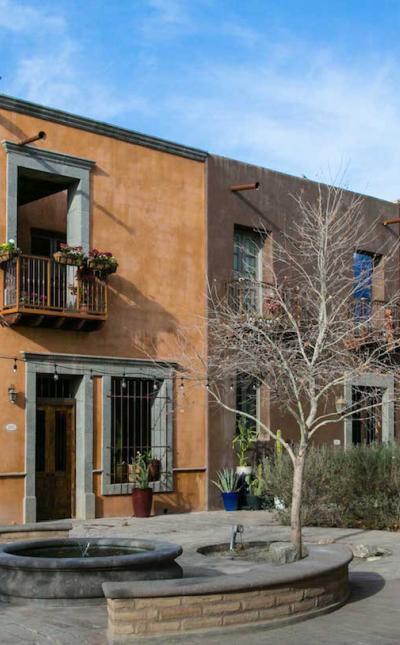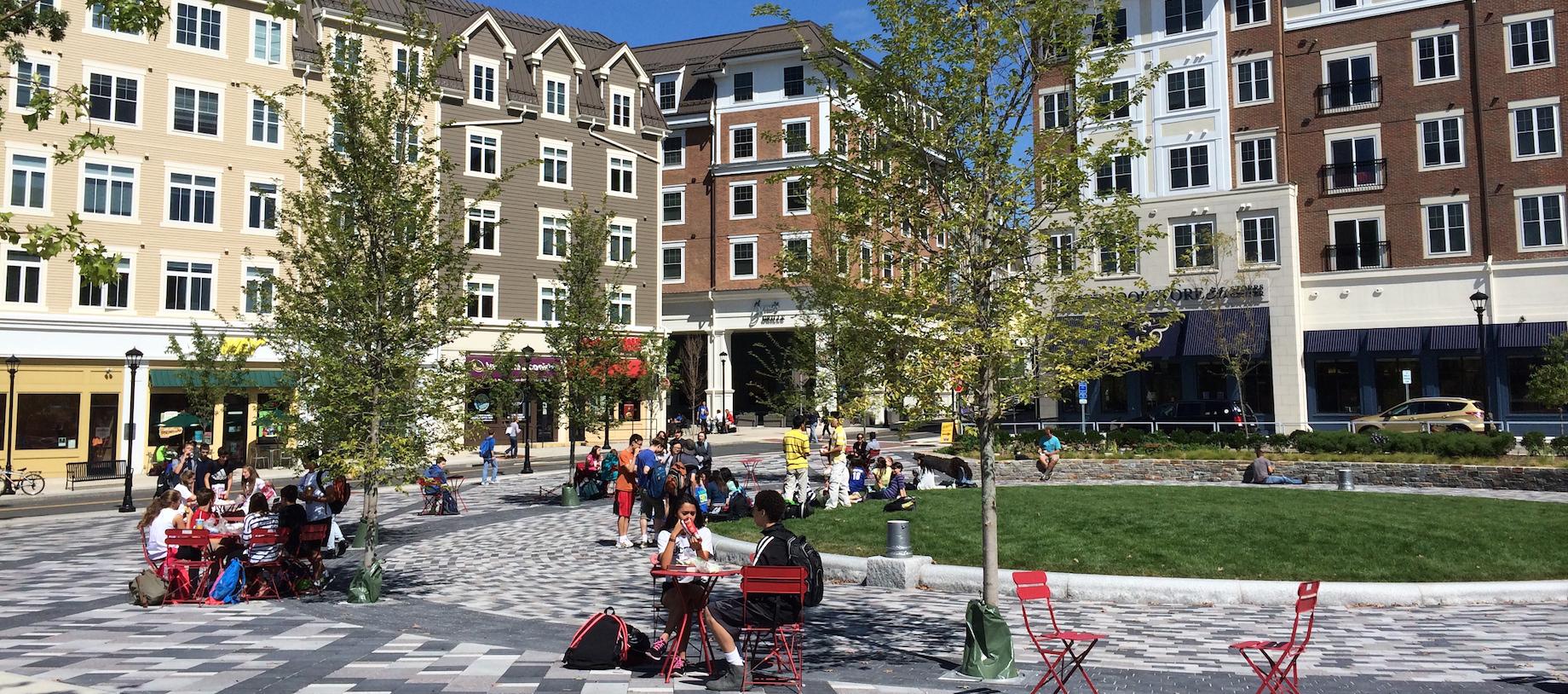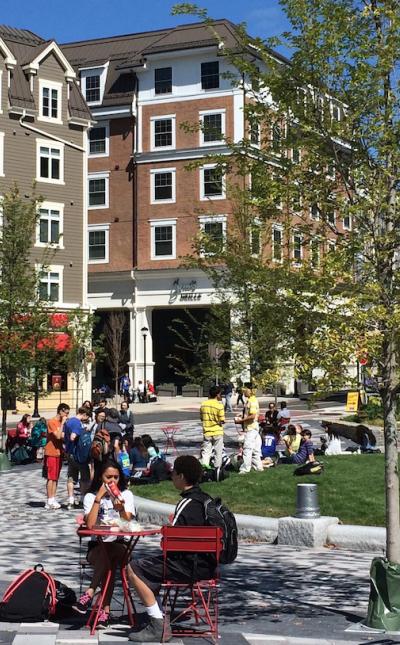This Congress, we begin a shift responding to feedback from our members.
As we continue to move away from a conventional conference format, this year we aim to produce an engaging event that leverages the passion of our multi-disciplinary cohort to create forward momentum in our respective practices. This requires rethinking the format of the event as well as the session types. It also means ensuring that each Congress has a 'focus' that ties to the Charter and issues important to our host city. This year, that focus is the Corridor.
Session Types
Below are the session types at CNU 31 - none of which are a traditional panel of powerpoints.
Meetings
Meetings can be focused discussions on current topics in design and specific areas of new urbanist practice, or critiques which can include juried project critique or examination of a specific method or practice. An example of a topical critique would be a session addressing the question of regulating building types through form-based codes. These sessions range from 60-120 minutes based on content.
Classes
This session type features subject matter experts presenting core new urbanist principles, an understanding of current trends and topics, or learning concepts branching from the focus on corridors. Classes range from entry-level introductions to advanced innovation in technical subjects, practice, or design. Attendees should be regularly engaged in conversation or activities throughout a class to advance their comprehension of the subject matter. These session types range from 60-90 minutes based on content.
Short Format Presentations
Short Format presentations allow for a broad range of topics, innovations, and fresh perspectives. These are approximately 8 minutes and will be grouped together with other presentations of similar subject matter. Many will be followed by shared conversation. Short Format presentations will be mixed throughout the Congress and offer opportunities to members of all backgrounds and levels of engagement with CNU to share their work and ideas.
Main Stage Talks
An evolution of the plenary, Main Stage Talks will be a series of TED-inspired, highly curated 20 minute presentations addressing topics related to the Congress Focus. They will be grouped together with curated Q&A by a pre-selected moderator. Main stage talks are intended to challenge, inspire, and inform, setting the stage for each day of the Congress.
Roundtable Discussions
A multi-disciplinary roundtable discussion on a specific topic to provide varying points of view and address the interrelated nature of new urbanist problem solving across professional silos. Roundtables are intended to be paired with a workshop (below) where the audience participates in ideation and problem solving. Roundtables may be paired with other means of audience engagement, provided they represent multi-disciplinary collaboration in dialog form. They will be based on the workshops, curated outside of the call for ideas.
Workshops
A highly curated workshop addressing the Congress agenda. Workshops are paired with a preceding roundtable discussion on the nuance of an agenda item. The workshop continues a multi-disciplinary approach to problem solving through strong leadership, facilitation, and attendee participation. Workshops arrive at a set of conclusions that will help advance new urbanist practice. They will be curated outside of the call for ideas.
Social Programming
It wouldn't be a Congress without social programming! These will include the morning run, yoga in the park, walking tours, happy hours, and other meet ups. These are developed by the Local Host Committee and passionate CNU-ers who want to self organize.
Content Areas
- Equity: Equity means so much more than affordable housing. Sessions at this Congress will look at equity as fairness across a number of categories impacting urban planning and design: fairness in accessing housing, participation in governance, transportation, education, and more. Sessions will focus on creative ways to increase housing stock, how property values change along and between corridors, community engagement, barrier freeways, pocketed poverty, displacement, and access to workforce opportunities.
- Urban Design: Central to New Urbanism is the importance of design in improving lives. Sessions at CNU 31 will include classes on design elements integral to creating better corridors, the relationship between streets and buildings, human-centered design, incrementalism, constructive design review, and designing around specific land uses such as railyards and stripmalls.
- Economics: Understanding the economic forces behind targeted disinvestment is key to creating more robust and inclusive revitalization strategies. Sessions in this area include discussions of how land value influences development decisions, pro-forma creation, the economics of suburban main street, and leveraging underutilized public assets.
- Cultural Identity and Retention: Often misunderstood or left out of conversations on design and planning, sessions in this area include public engagement, human-centered design, community-led planning efforts, cultural urbanism, and historic preservation.
- Coding: A staple in many design and planning practices, code reform and innovative coding approaches have recently garnered national attention. Sessions at CNU 31 include coding for rural communities, zoning the corridor, pre-approved building designs, and context-based zoning approaches.
- Housing: Addressing the housing crisis across the country requires developing creative solutions to provide new housing types, making it easier and more likely that these types get built. Sessions include new ideas for ‘missing middle’ housing types, the potential for small infill development to save our cities, addressing homelessness, techniques for introducing pre-approved building types, and opportunities for aging in place.
- Transportation: The nature of the Congress Focus on Corridors means that there will be deep conversations on transportation issues from barrier freeway removal, to transit improvements, the evolution of railyards as an urban form, transit-oriented communities, a multi-modal future, and pedestrian safety.
- Climate: Adapting to the changing climate and designing urban resilience must be central to conversations on planning, design, and equity. Issues addressed at Congress sessions include adapting to specific climate threats, working globally to mitigate climate stressors, and leveraging new tools and data to improve planning and decision making.
- Policy: While we make a lot of space to talk about the importance of improving the regulatory environment, there are many policy issues and opportunities beyond reforming codes that need to be addressed. Sessions will include discussions of parking, environmental and transportation policy, and affordability.

